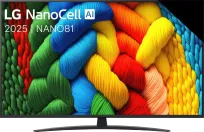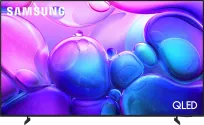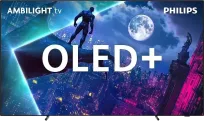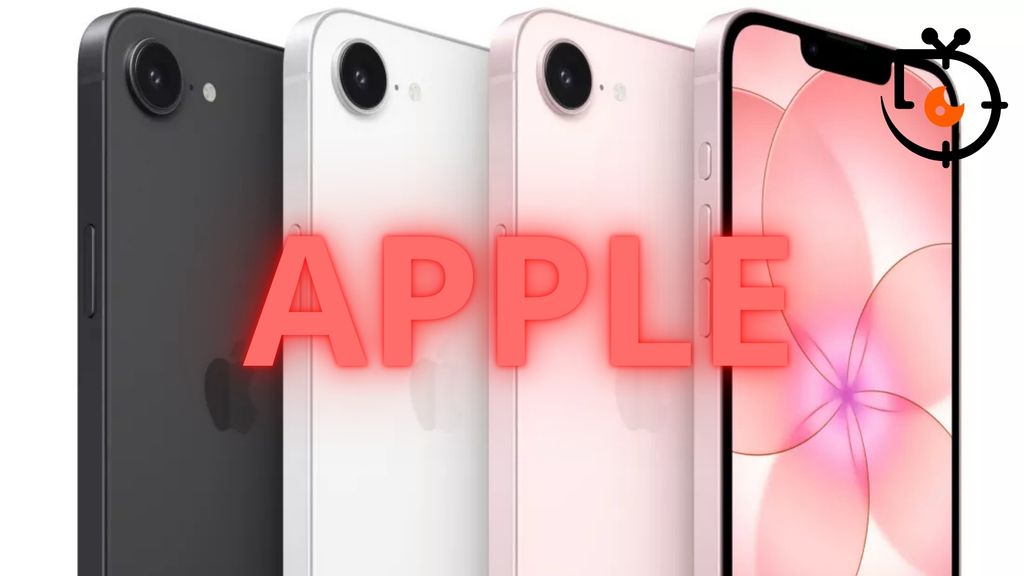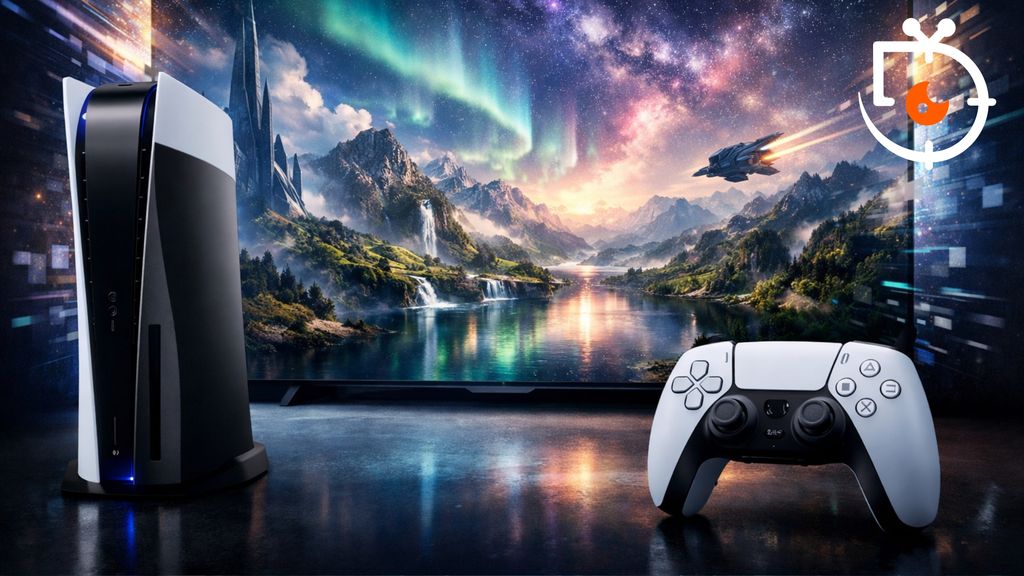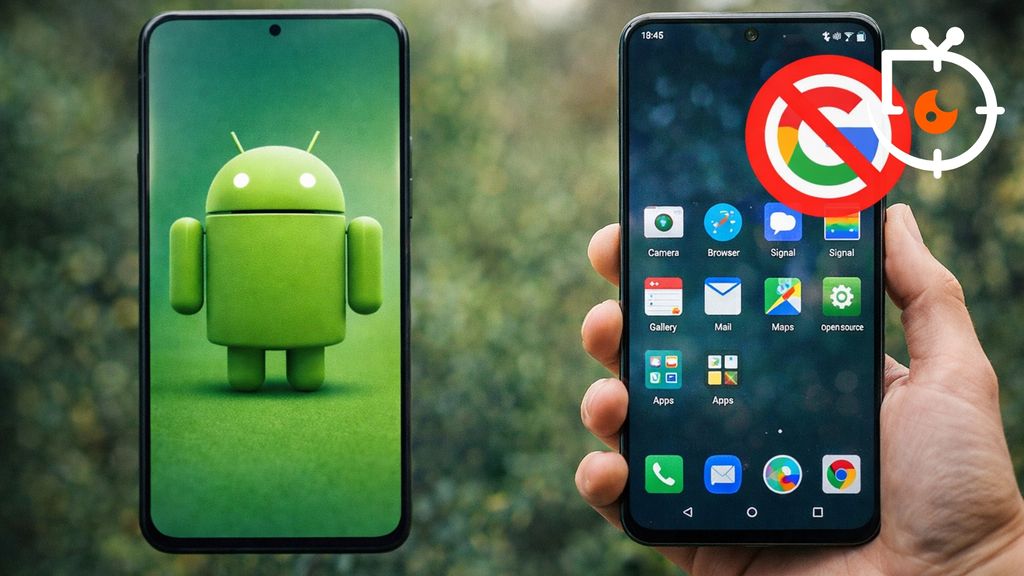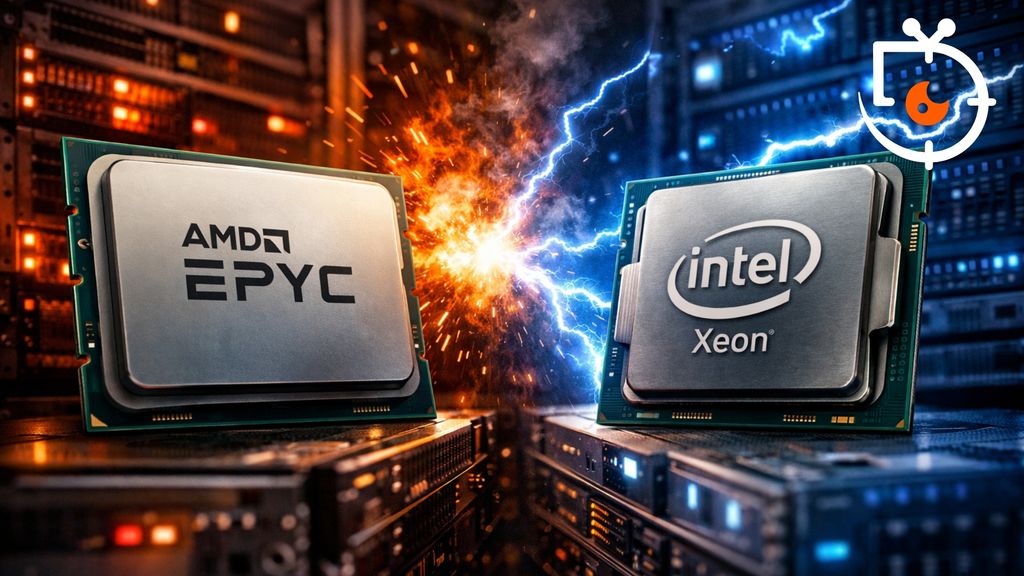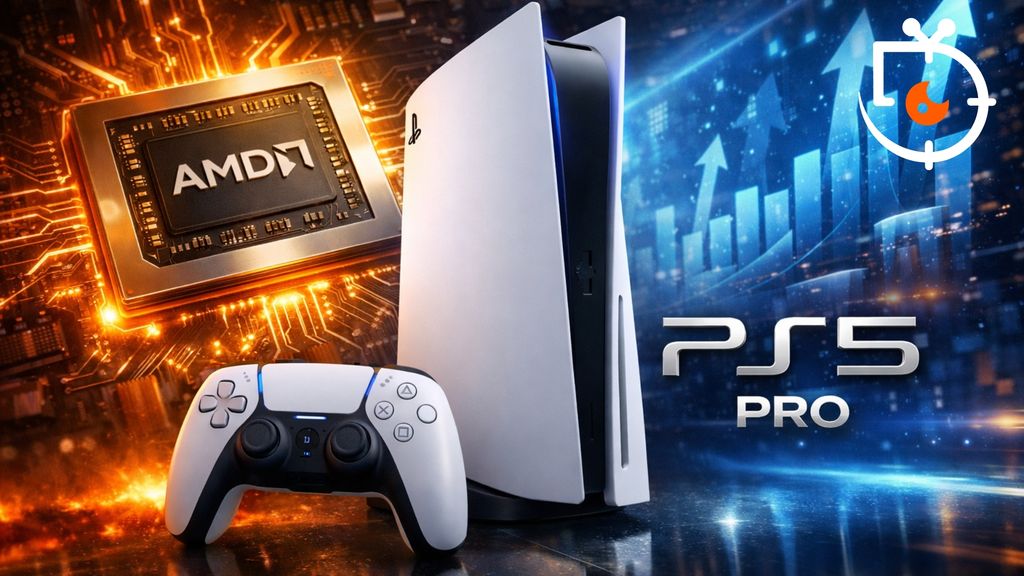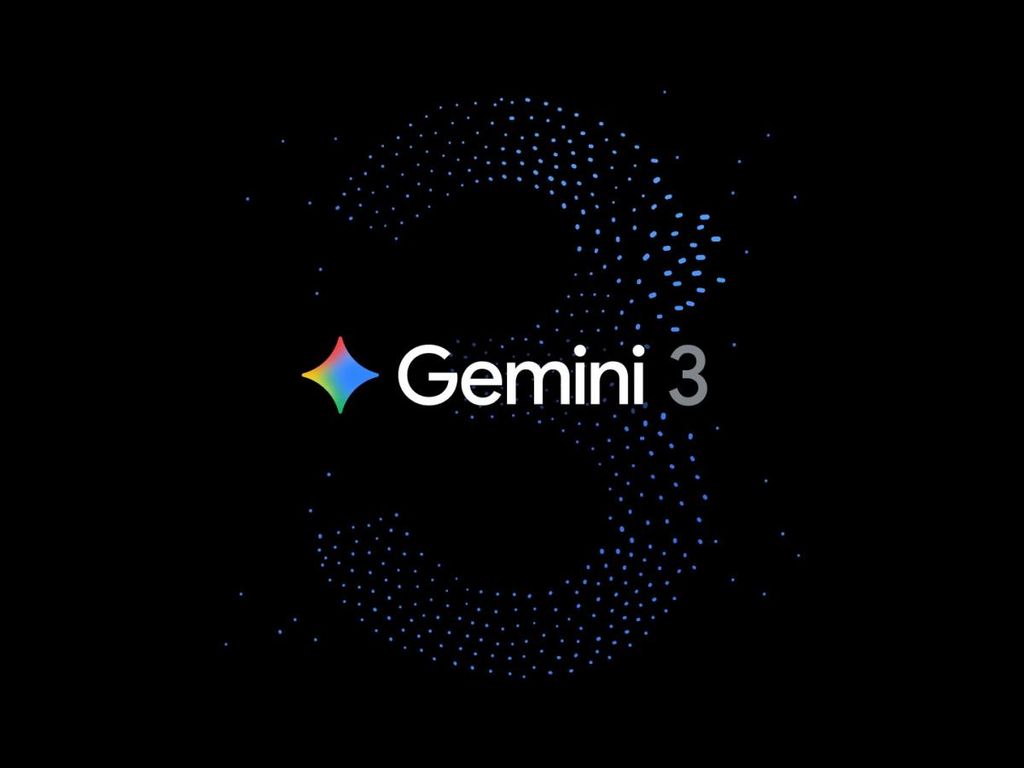
The race in AI has just accelerated, and quite significantly. Google has finally revealed its hand: here is Gemini 3, the latest language model that not only aims to compete with ChatGPT, but… change the way we use all of Google’s technology. And most importantly: the giant from Mountain View is no longer trying to catch up with rivals in the field of “who can write a prettier paragraph.” It is focusing on something much bigger — autonomy, agents and deep integration with systems.
Sounds like more marketing? For the first time in a long while — not necessarily.
New era: AI as an agent, not a chatbot
Google claims that Gemini 3 is a paradigm-shifting technology. Instead of a classic chatbot, we have a agent system that is designed to take action, not just provide suggestions.
Can you ask it to plan a trip?
Gemini 3 will check schedules, compare offers, connect with various service APIs, synchronise it with your calendar, and prepare bookings — all on its own, while you simply approve the final plan.
This is a step towards AI that actually assists the user, rather than just carrying on a conversation.
End of hallucinations? Google claims it finally is
The most important technical change is the Reasoning-First mechanism. Before the model generates a response, it conducts an internal analysis and fact-checking — this is intended to drastically reduce hallucinations.
Additionally:
native multimodality (text, image, sound, code analysed simultaneously),
reconstructed neural architecture,
episodic memory, which allows for the retention of long-term context without repeating instructions.
Google claims this is the biggest step towards "reliable AI" that they have ever taken.
New “brain” for Android and Google Search
The launch of Gemini 3 is also a huge change for the entire Google ecosystem.
Android 16 - The system introduces contextual screen awareness. Gemini 3 can see what you have on your screen and can perform actions between apps — something like a super-assistant that works everywhere, not just in a dedicated window.
Google Search - The search engine is moving away from lists of links in favour of dynamic, interactive AI responses, which:
integrate multimedia,
maps,
context,
and current data.
This is the biggest change in Google Search in 20 years.
Learning, climate, genetics. Google aims for "serious" applications
Gemini 3 is not just meant to be a consumer tool. Google positions it as a partner for scientists — from climate modelling to biological analysis. This fits into the growing narrative of Big Tech: "AI for solving global problems". Is it realistic? We shall see.
Benchmarks: Google reveals figures that are set to sting the competition
On stage, results were presented that suggest dominance over ChatGPT.
Official launch data:
Gemini 3 Pro – 1st place in LMArena with a score of 1501 ELO
Humanity’s Last Exam – 37.5% without tools
GPQA Diamond – 91.9%
MathArena Apex – 23.4%
And that's not all.
Gemini 3 Deep Think – the most powerful Google model in history
This is a special, enhanced version created for extremely challenging analytical tasks. In tests:
45.1% in ARC-AGI — a result that Google presents as evidence of the model's ability to handle completely new, previously unseen problems.
This is the level that Big Tech likes to call “AGI signals”. In this case — not without reason.
New TPU v6p chips and a huge change in performance
The entire Gemini 3 runs on a new generation of processors Cloud TPU v6p (Trillium):
faster response,
better energy efficiency,
real-time multimodal capability.
This is the infrastructure built for Google’s long-term ambitions.
Availability: who can start using it?
From now on:
all users of the Gemini app,
subscribers of Google AI Pro and Ultra,
and developers via API, CLI and the new agent platform Google Antigravity.
Still waiting for a Deep Think? We'll hold off a bit longer — final security tests are underway. Subscribers of Google AI Ultra will receive it in the coming weeks.
Has Google caught up with OpenAI? Is ChatGPT losing its position?
It's still too early for judgments, but for the first time since the launch of GPT-4, it feels like Google is presenting something that could truly threaten OpenAI's dominance.
agents → real advantage,
Reasoning-First → fewer hallucinations,
deep integration with Android and Search → ecosystem advantage,
benchmarks → Google no longer needs to justify itself.
One thing is certain: the AI race has just entered a new level, and 2026 is shaping up to be the year of the biggest changes in the history of artificial intelligence.
 Katarzyna Petru
Katarzyna Petru



